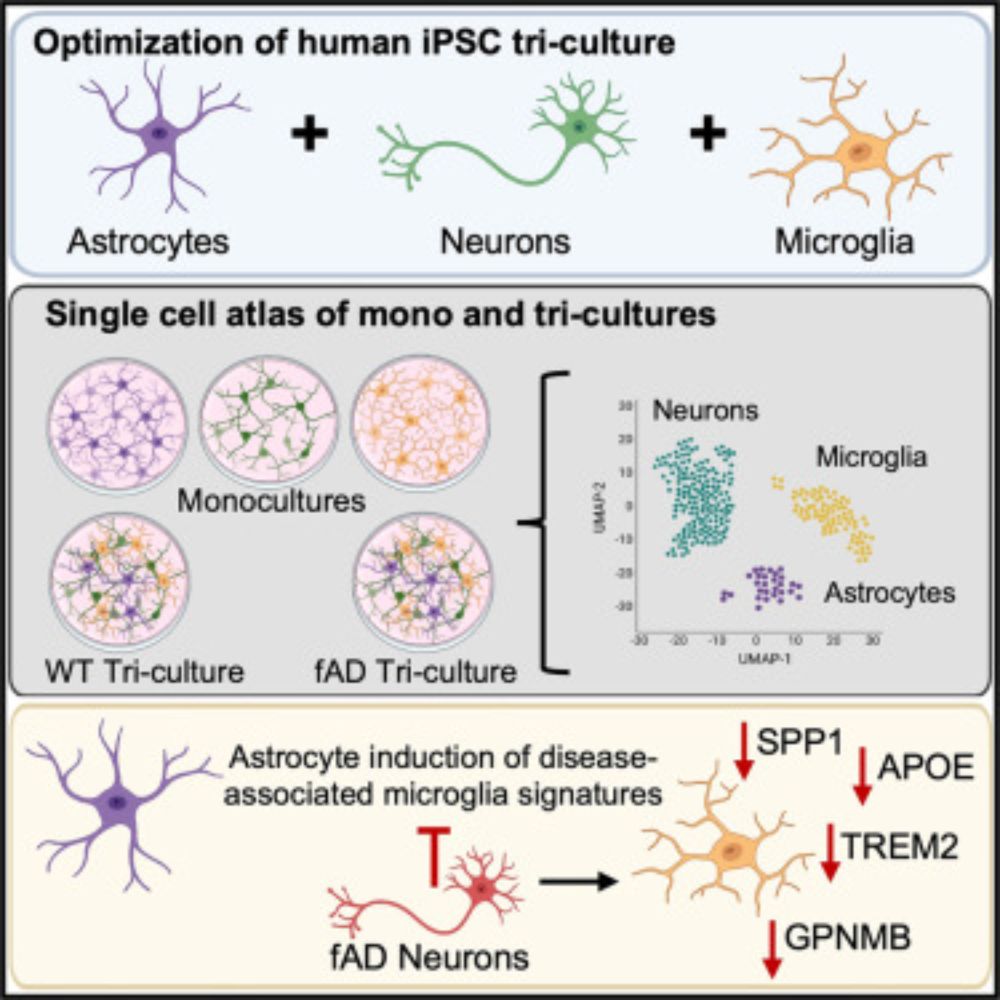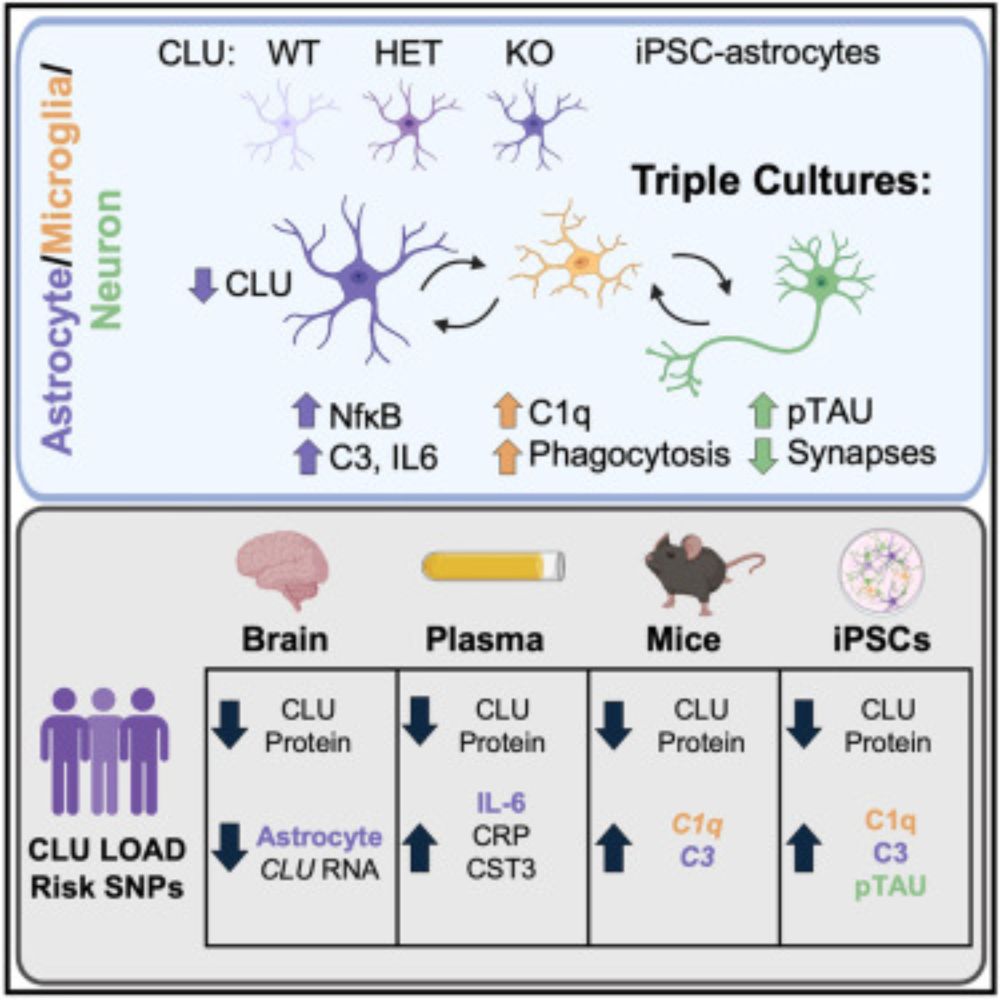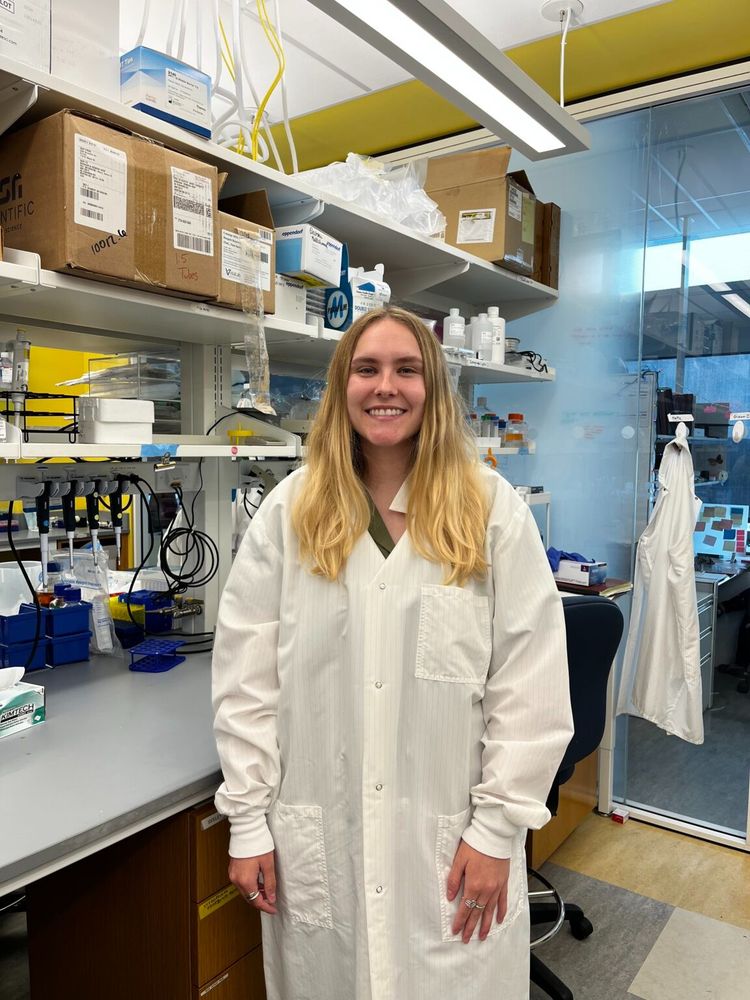
However, the formation of dynamic low-order condensates driven by low affinity multivalent proteins (often highly disordered) seems to occur in cells.
However, the formation of dynamic low-order condensates driven by low affinity multivalent proteins (often highly disordered) seems to occur in cells.

link.springer.com/epdf/10.1007...
link.springer.com/epdf/10.1007...



www.bostonglobe.com/2025/08/06/m...

www.bostonglobe.com/2025/08/06/m...
Senator Capito started of the discussion saying that the bill contains AN INCREASE for NIH.
The details are not available, but the bill will be released ofter the hearing.
This is not a done-deal, but it does show where the Senate is on a bipartisan basis.
Senator Capito started of the discussion saying that the bill contains AN INCREASE for NIH.
The details are not available, but the bill will be released ofter the hearing.
This is not a done-deal, but it does show where the Senate is on a bipartisan basis.

GLP-1s show promise, but RCTs like GRADE have not demonstrated clear cognitive benefits. Observational studies may be confounded by socioeconomic factors and prescribing patterns.
Read the full comment: www.alzforum.org/papers/gluco...

@cp-neuron.bsky.social! We show that Alzheimer's disease protective CLU alleles upregulate CLU in response to neuropathology, dampening inflammatory signaling between microglia and astrocytes.
Read here www.sciencedirect.com/science/arti...

@cp-neuron.bsky.social! We show that Alzheimer's disease protective CLU alleles upregulate CLU in response to neuropathology, dampening inflammatory signaling between microglia and astrocytes.
Read here www.sciencedirect.com/science/arti...

"The problem is that the facts don't support Piller's message. It's sensational, and in my experience, it's causing harm."
How a Book Is Undermining Progress Against Alzheimer's www.medpagetoday.com/opinion/seco...
"The problem is that the facts don't support Piller's message. It's sensational, and in my experience, it's causing harm."
How a Book Is Undermining Progress Against Alzheimer's www.medpagetoday.com/opinion/seco...
This has been fueled by Charles Piller's sensationalized (NOT sensational) reporting and book.
1/n
This has been fueled by Charles Piller's sensationalized (NOT sensational) reporting and book.
1/n

www.baldwin.senate.gov/news/press-r...
1/2

www.baldwin.senate.gov/news/press-r...
1/2

